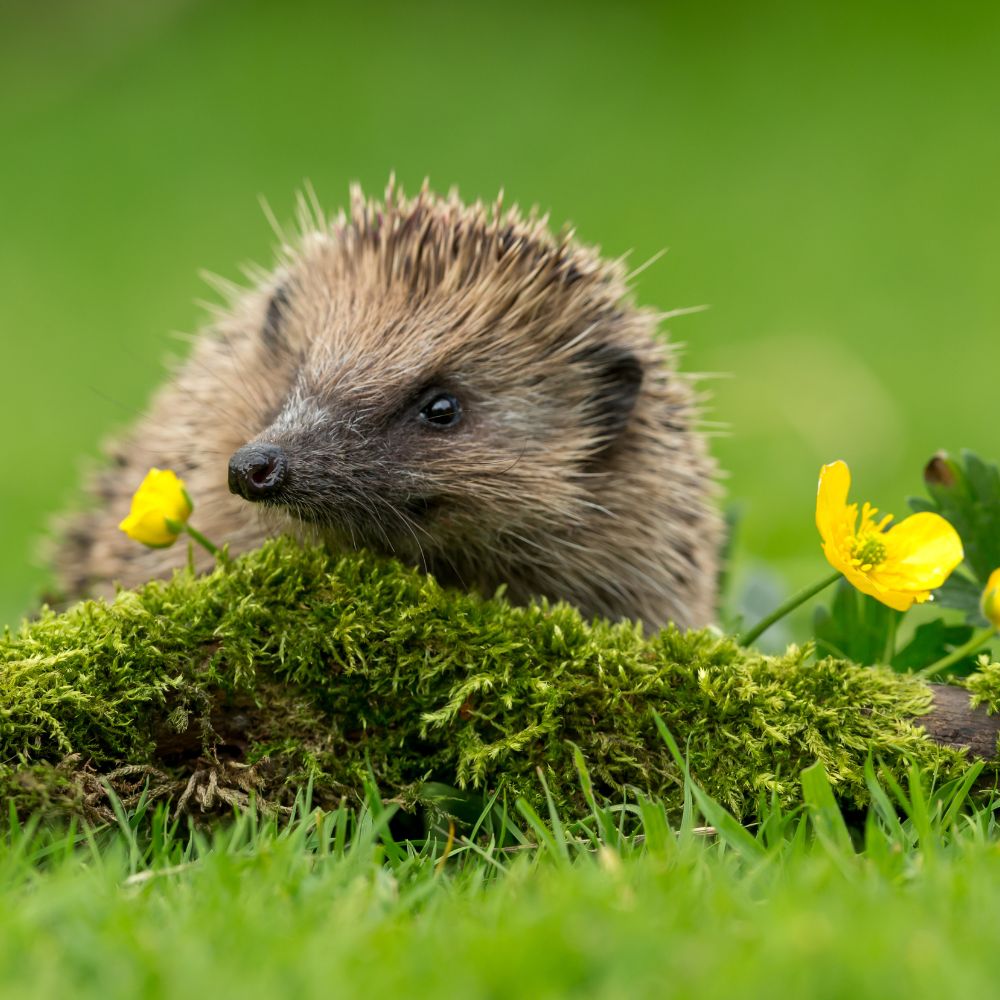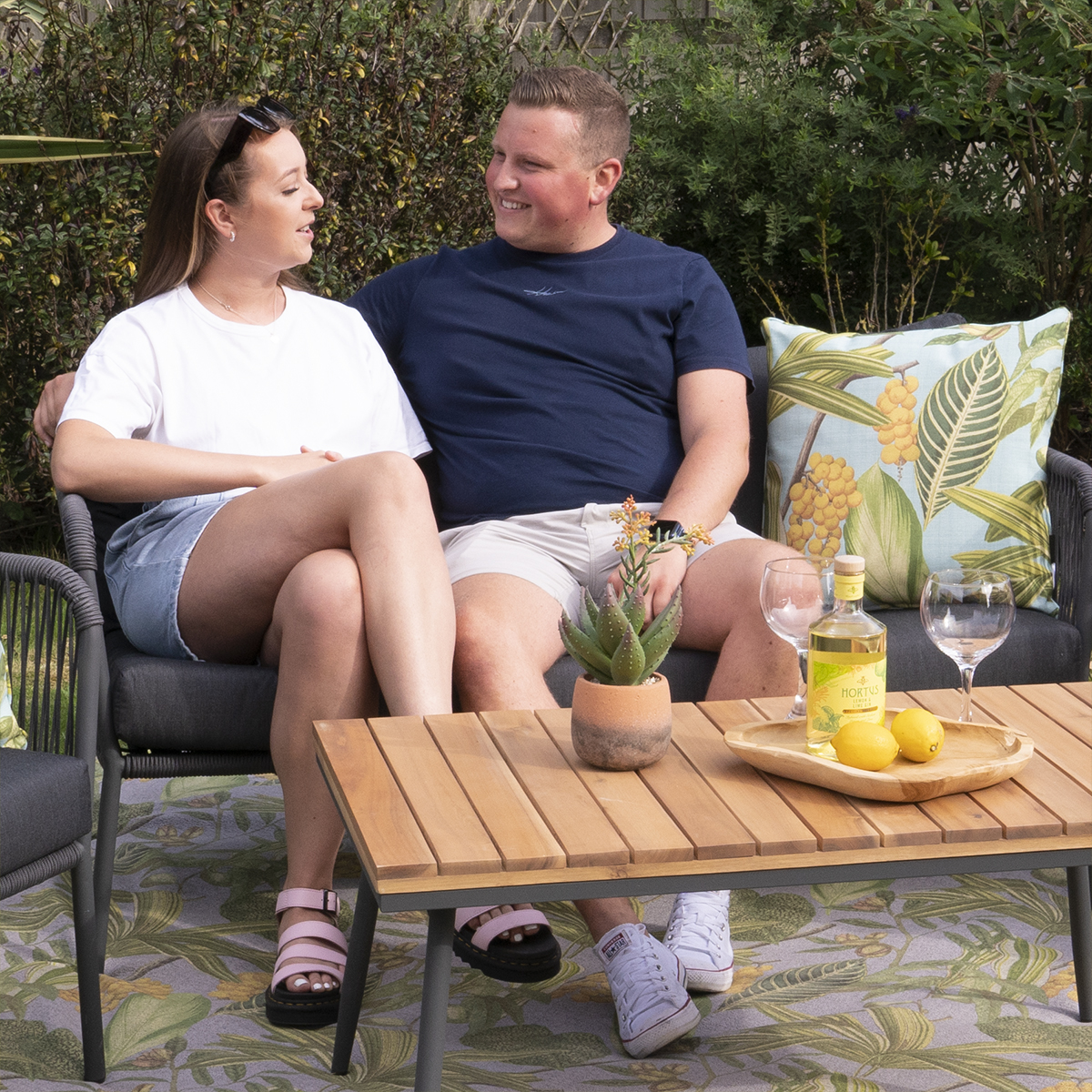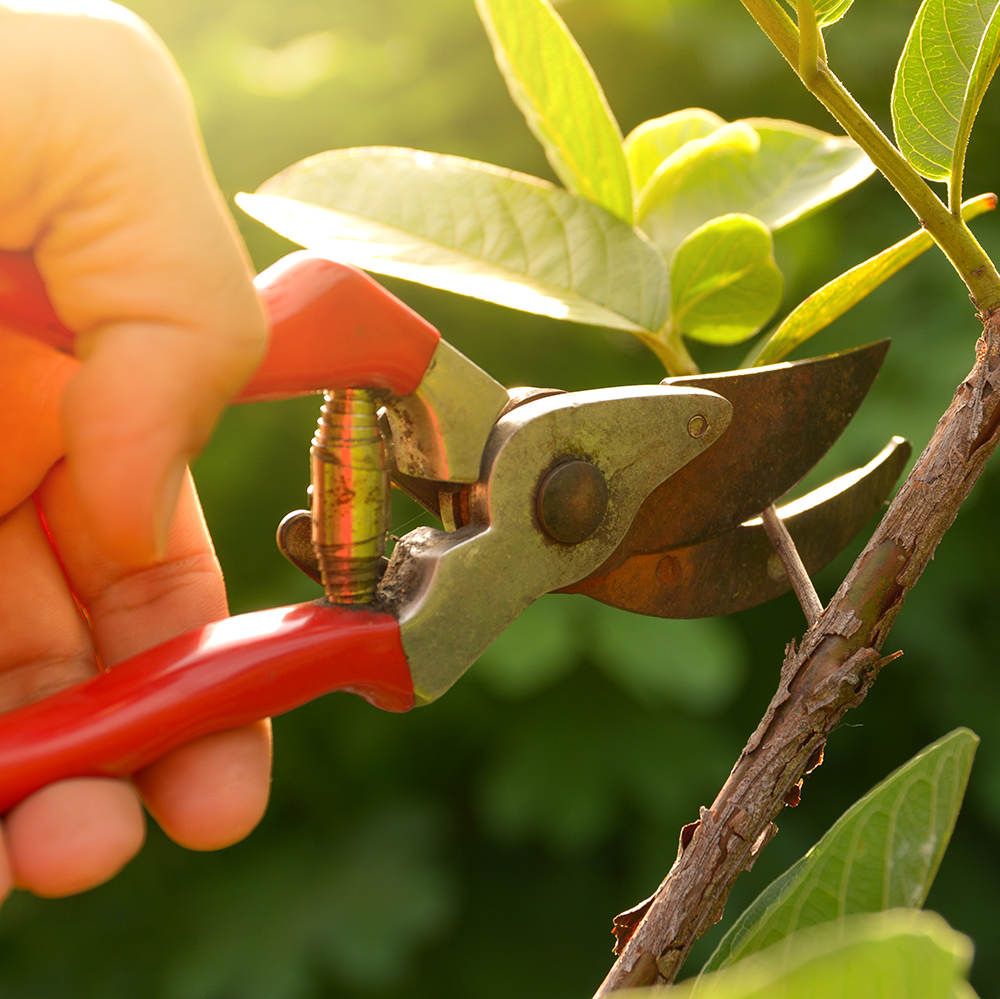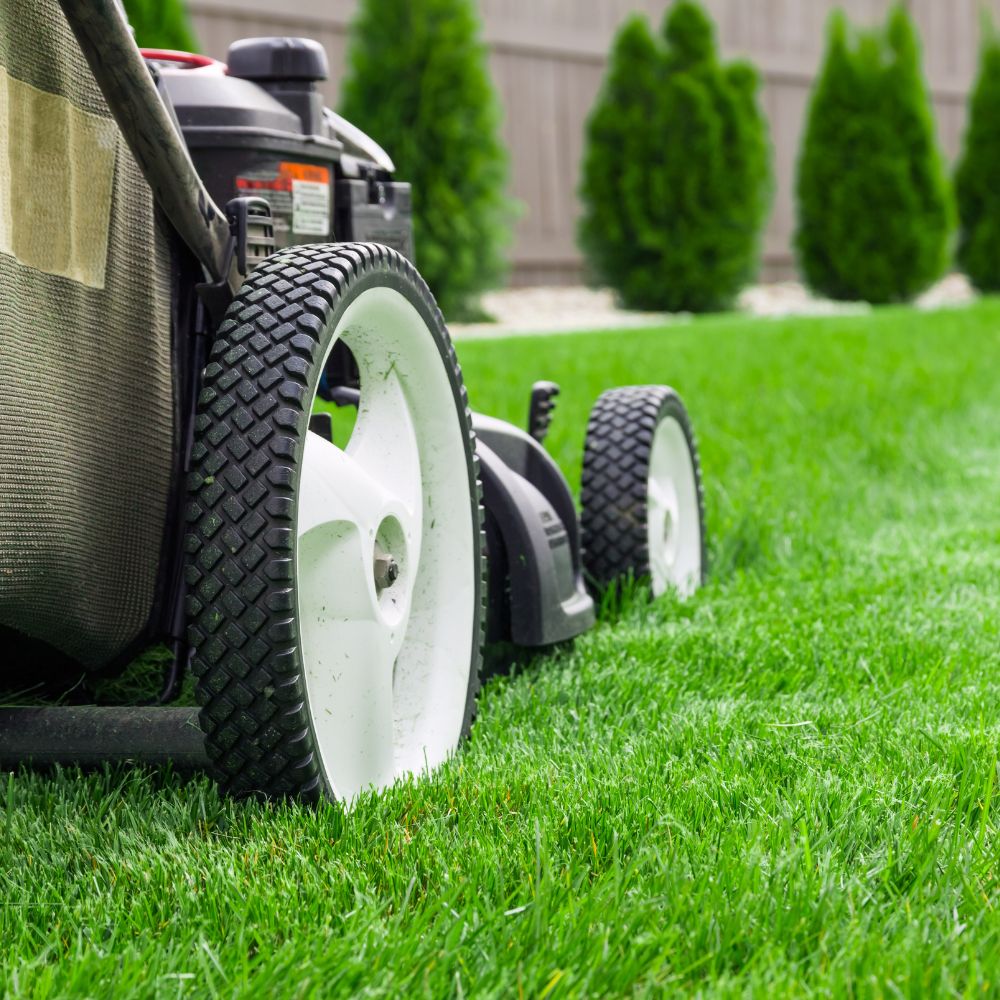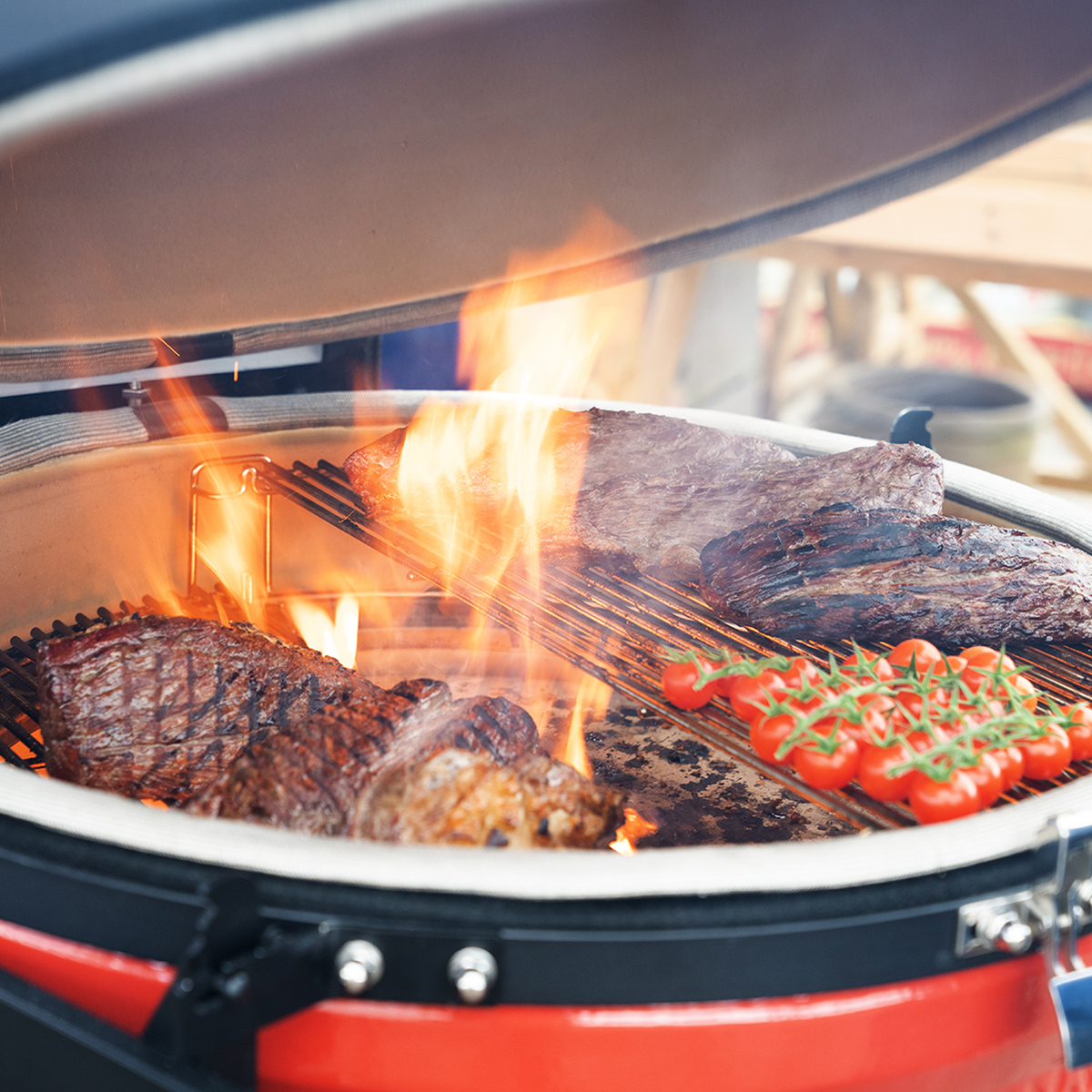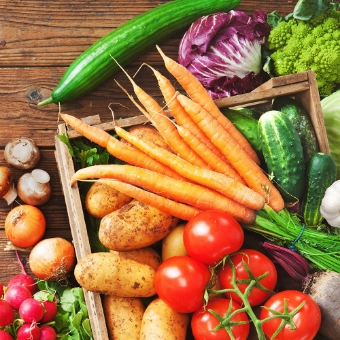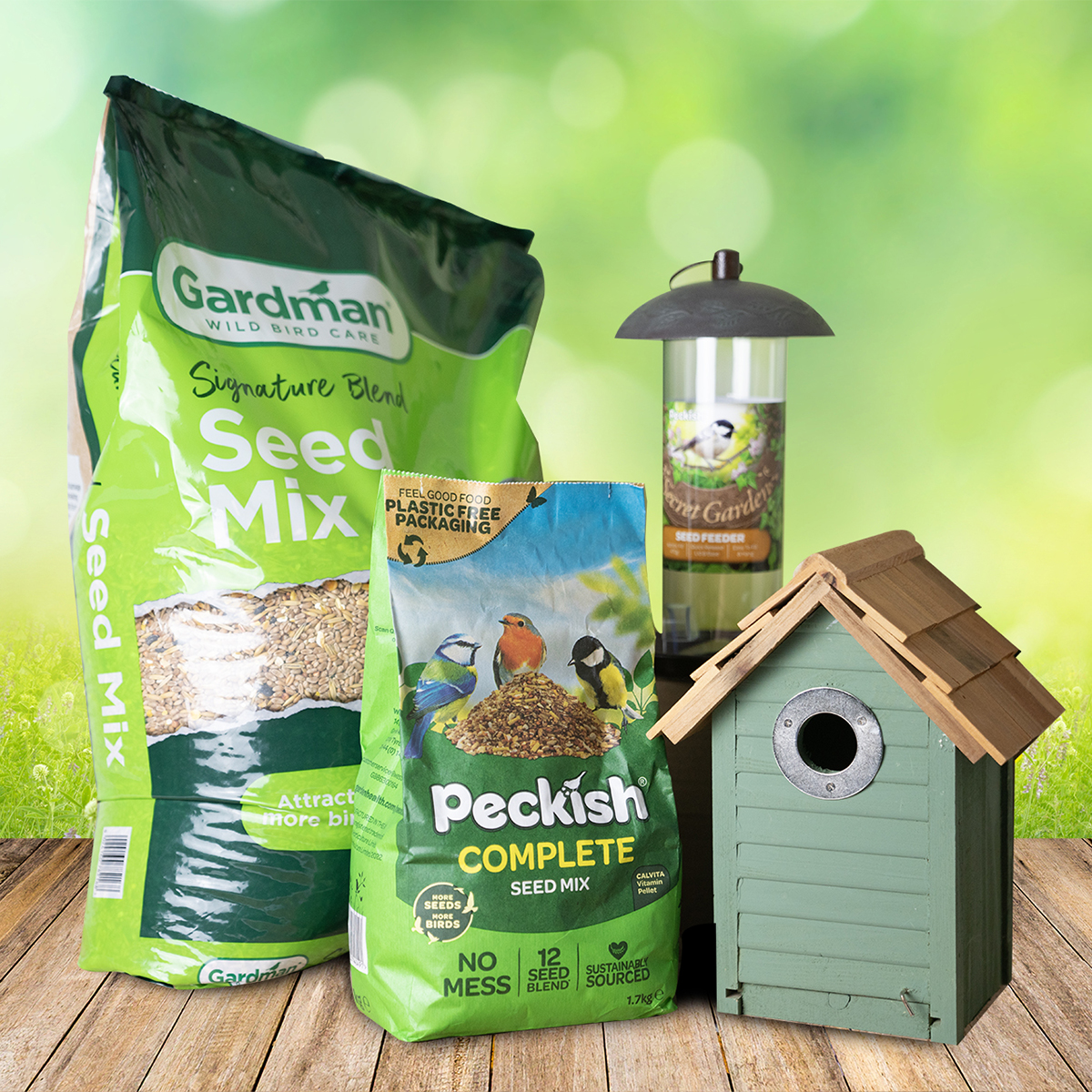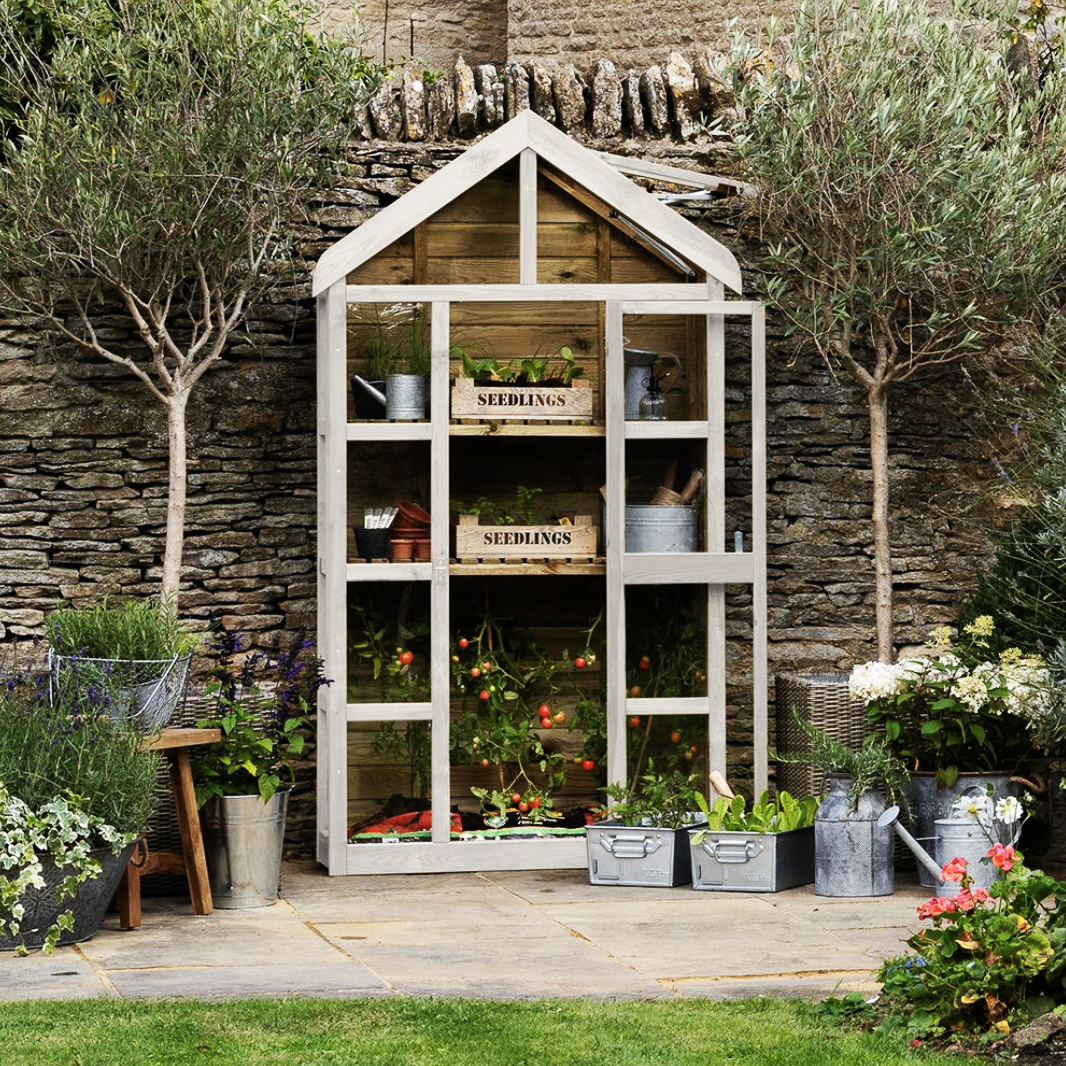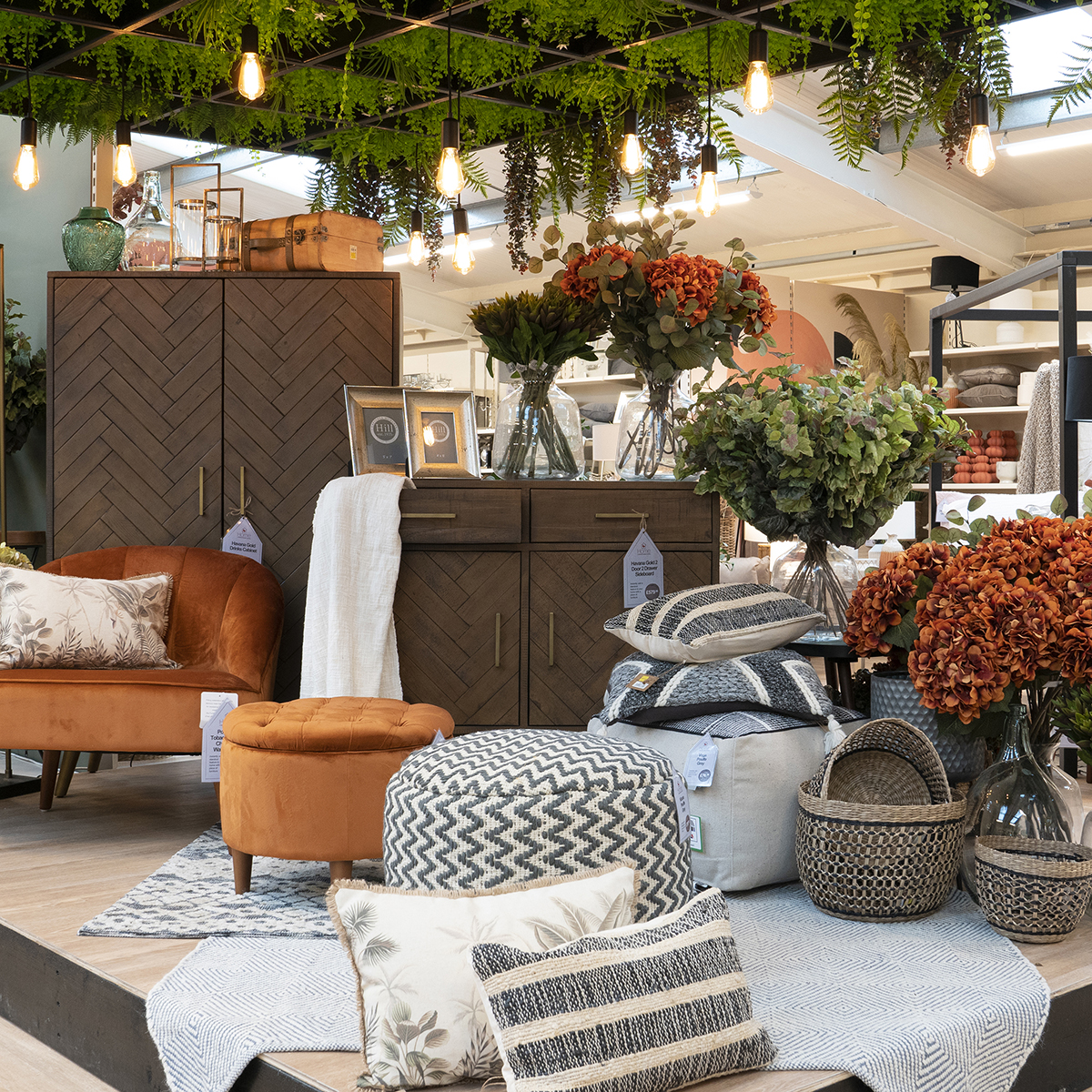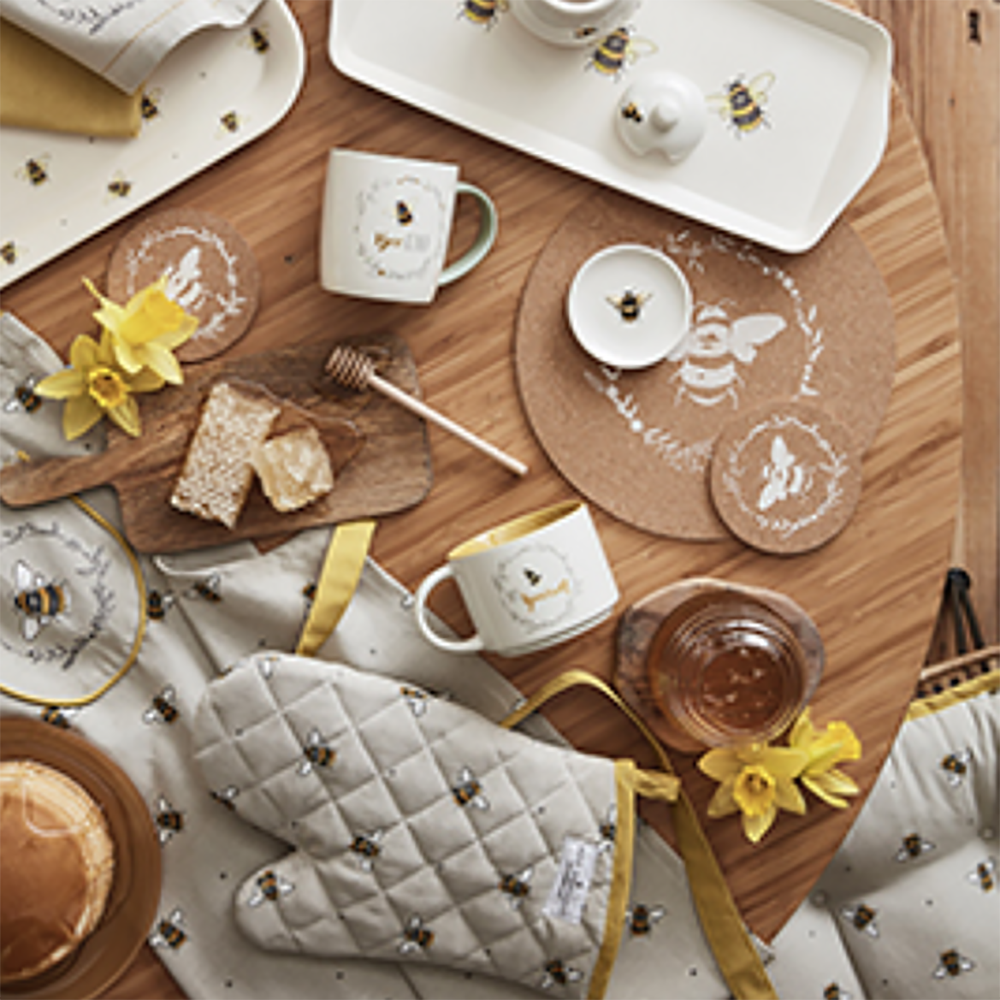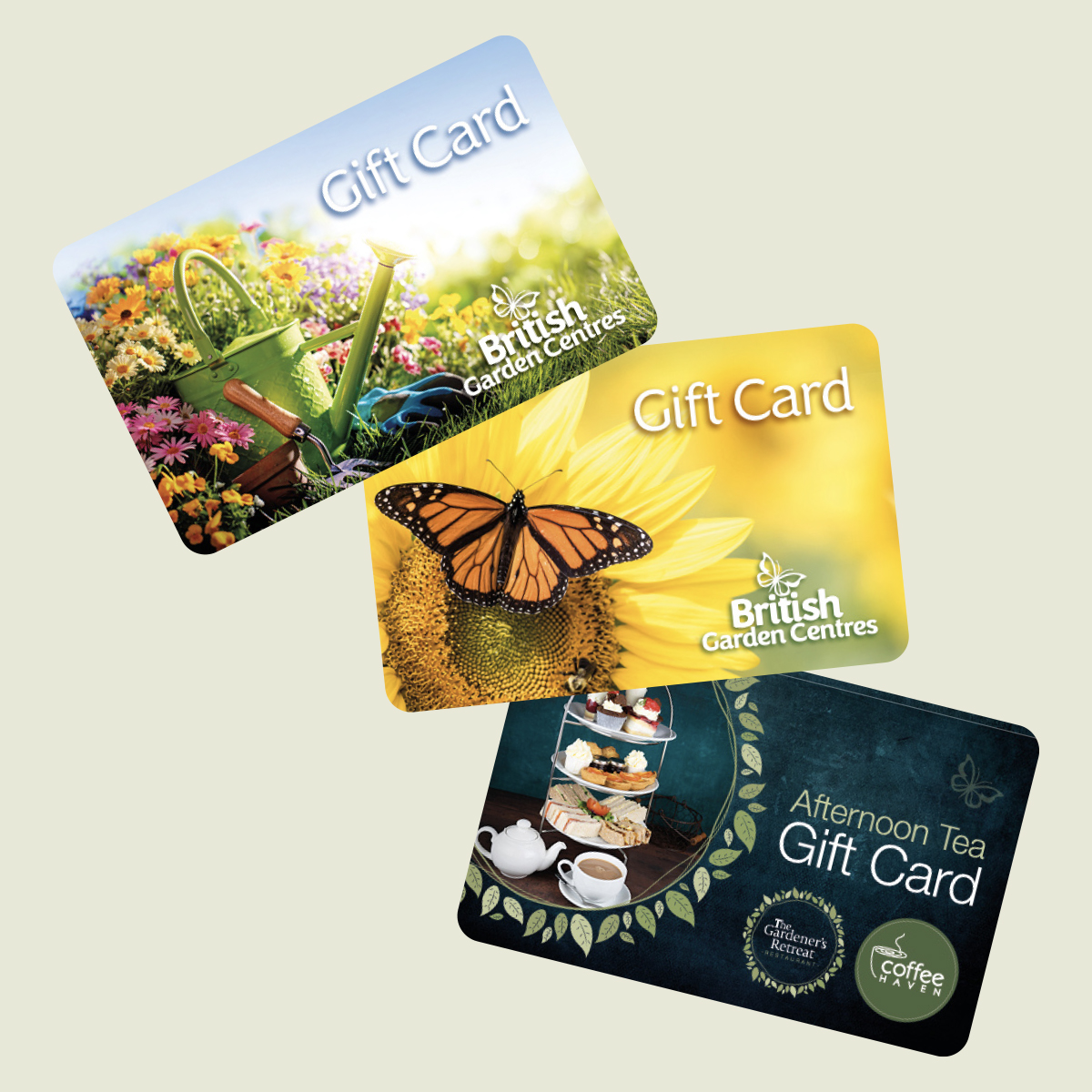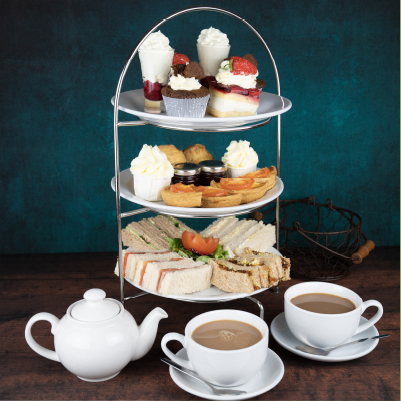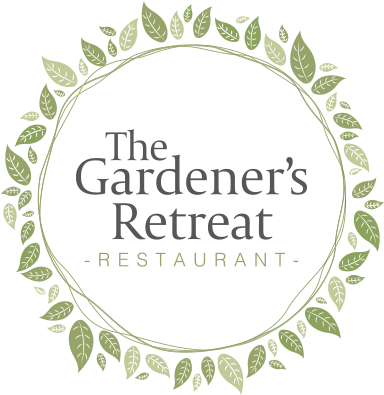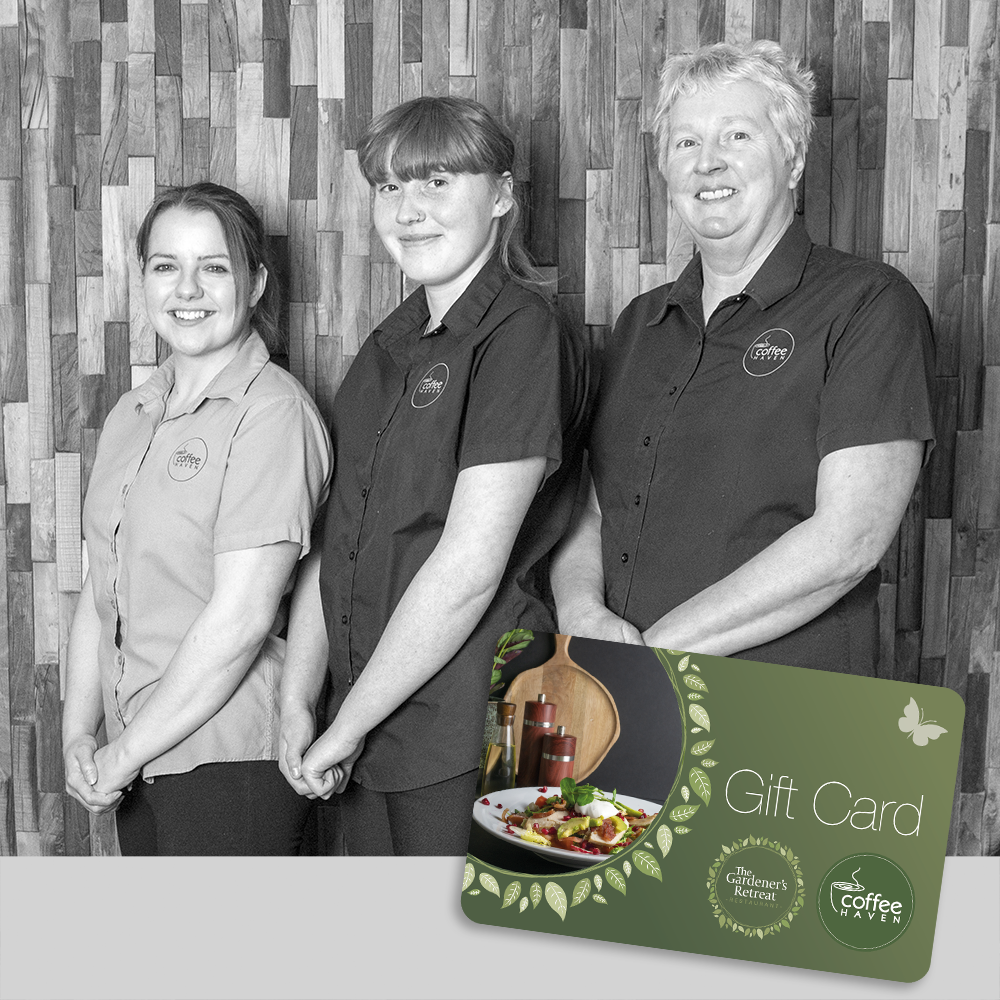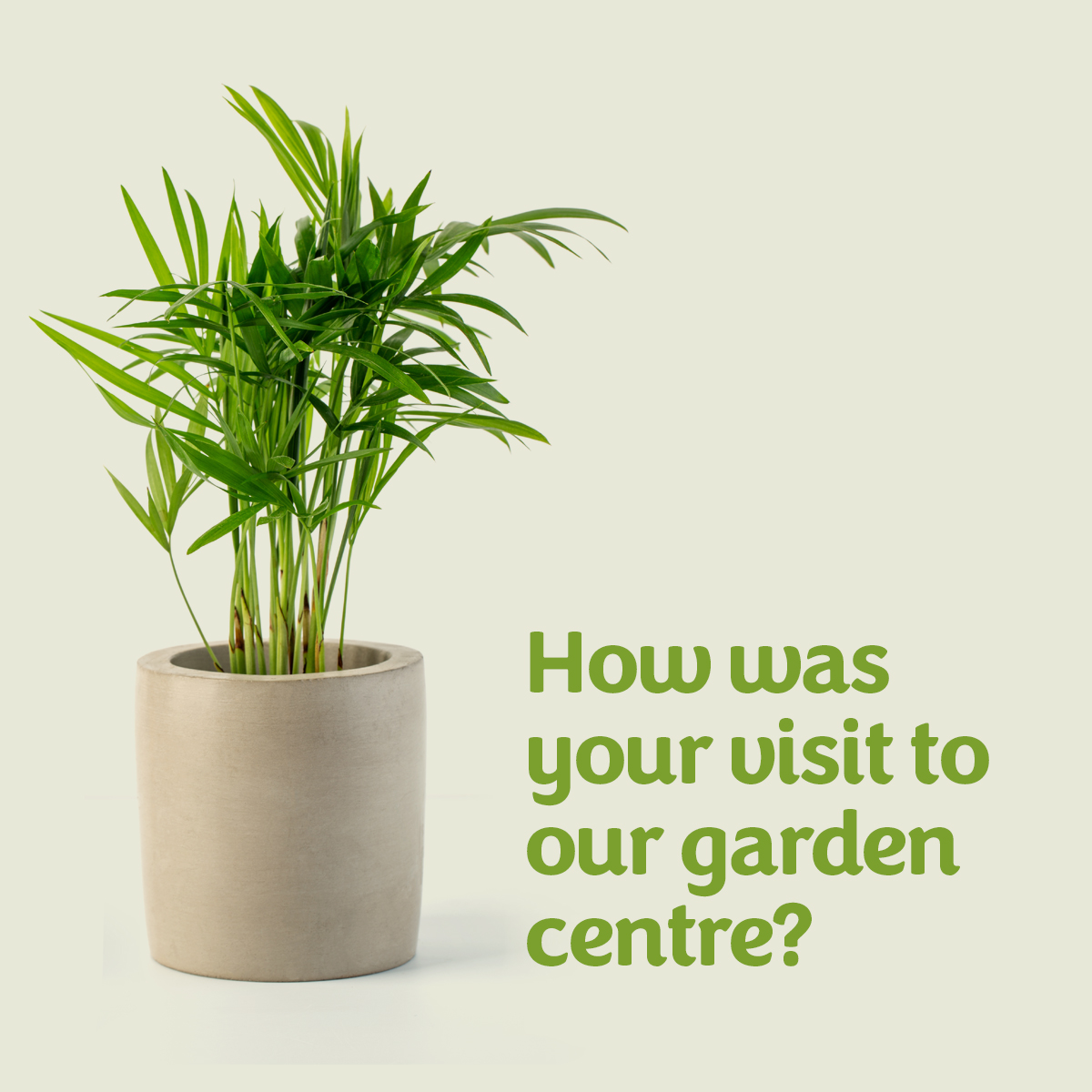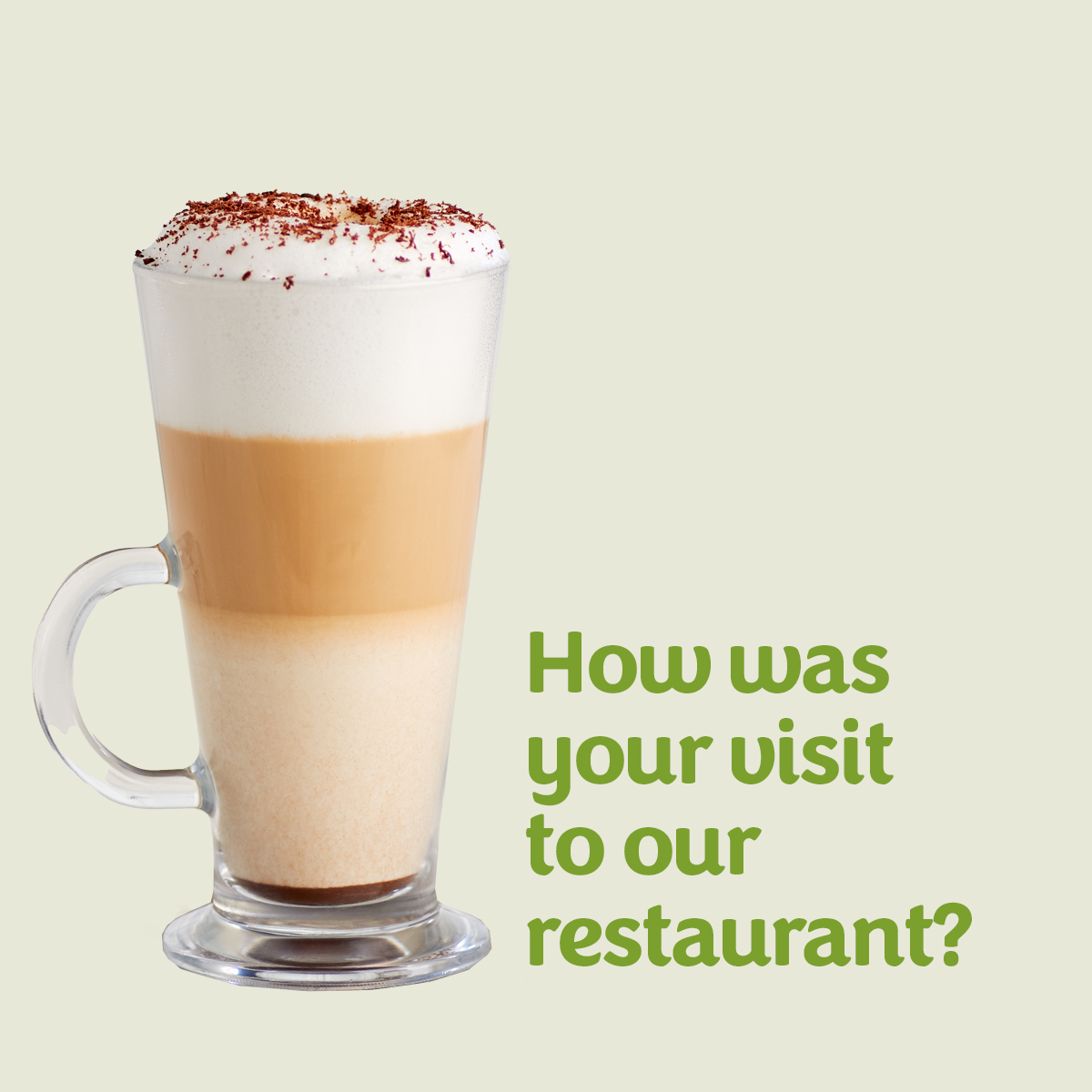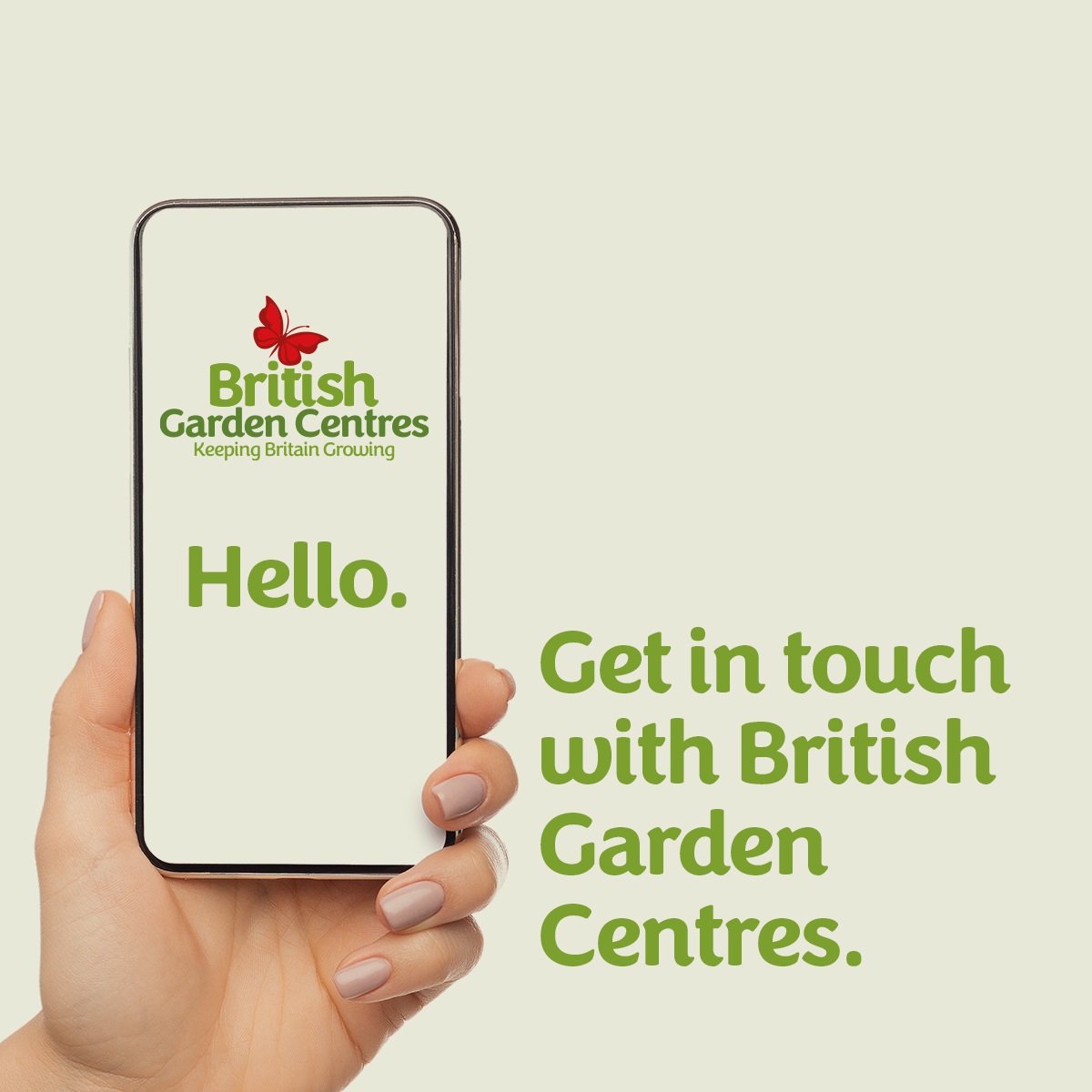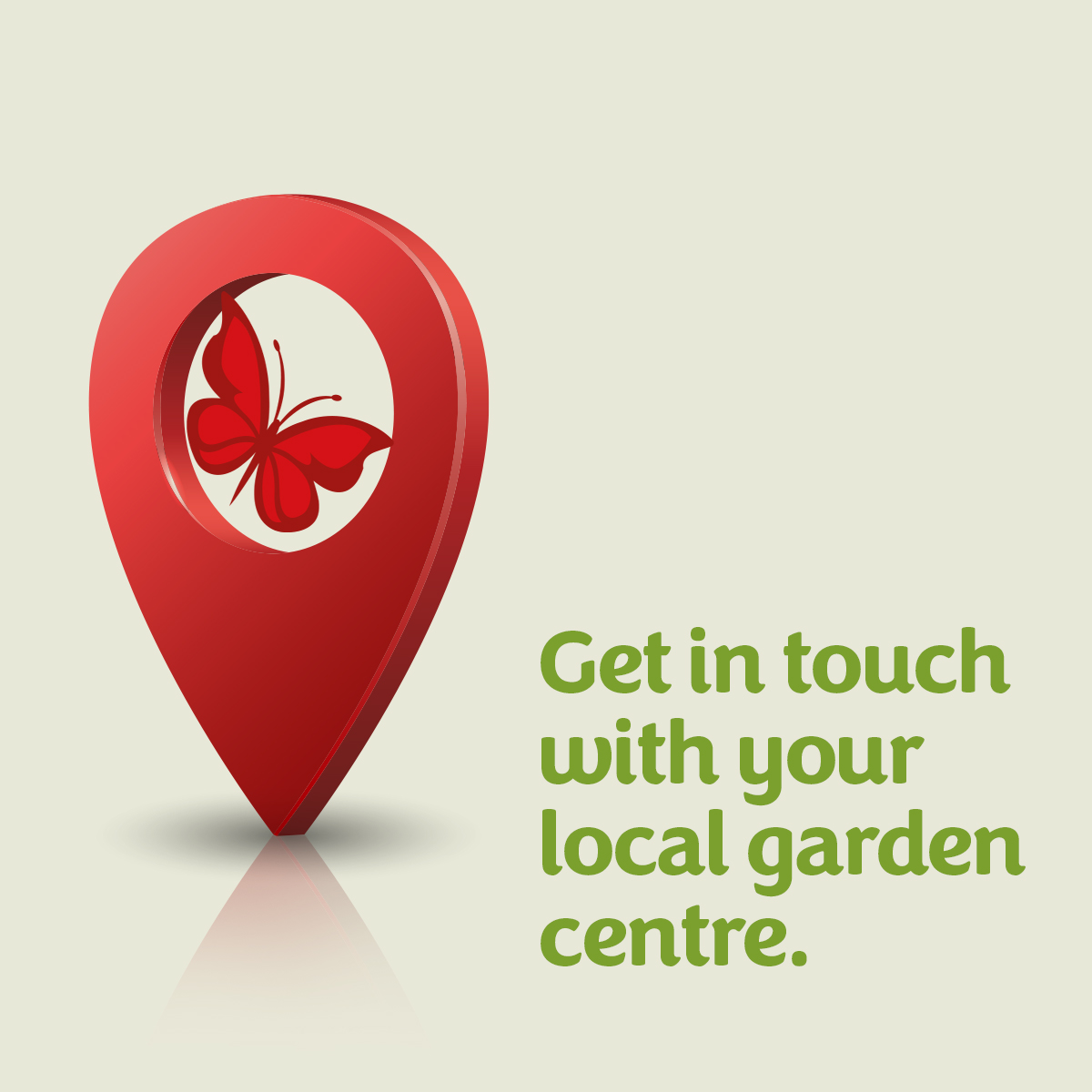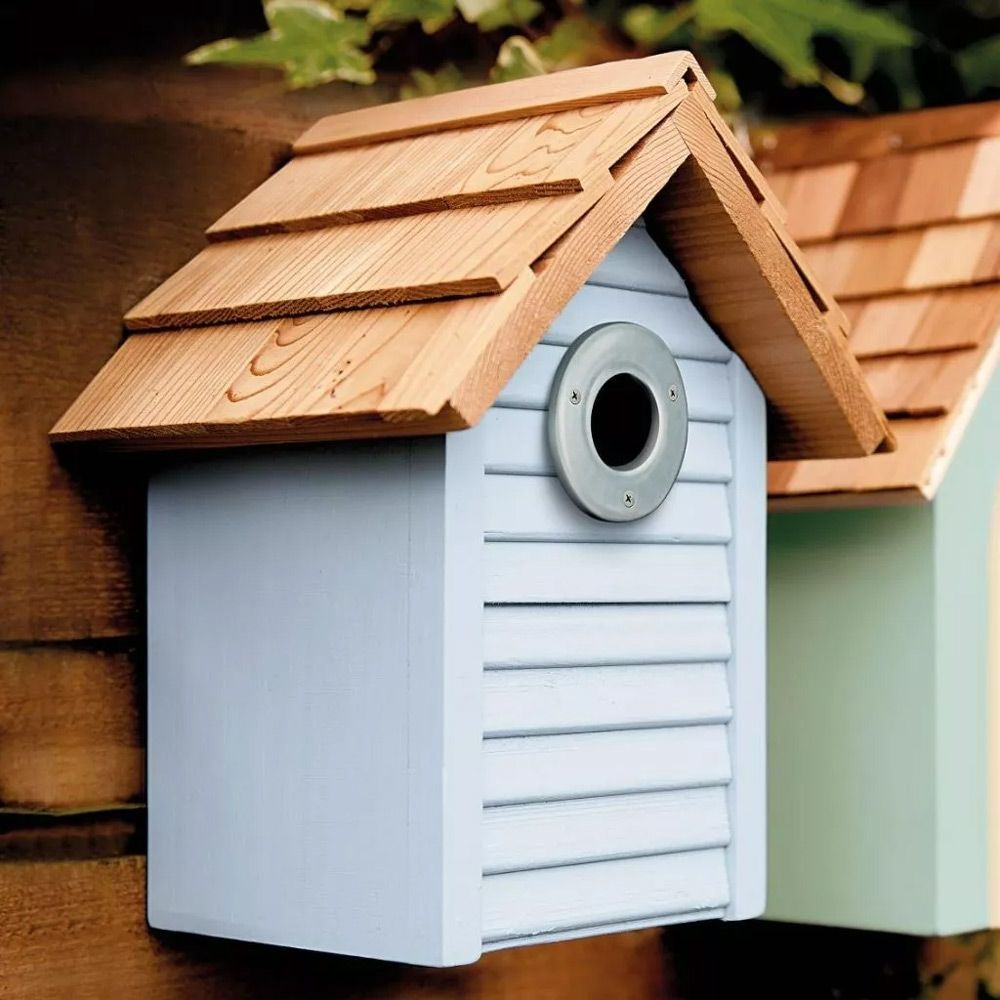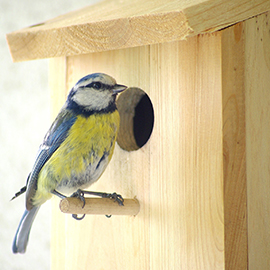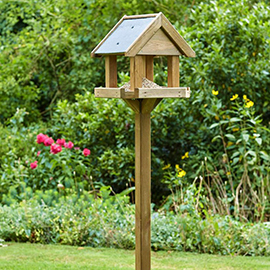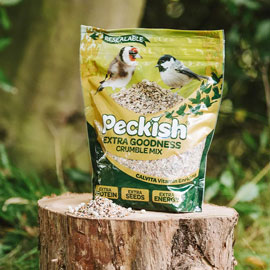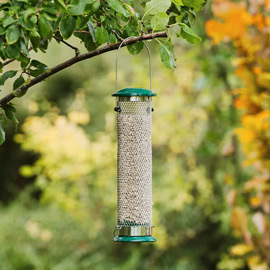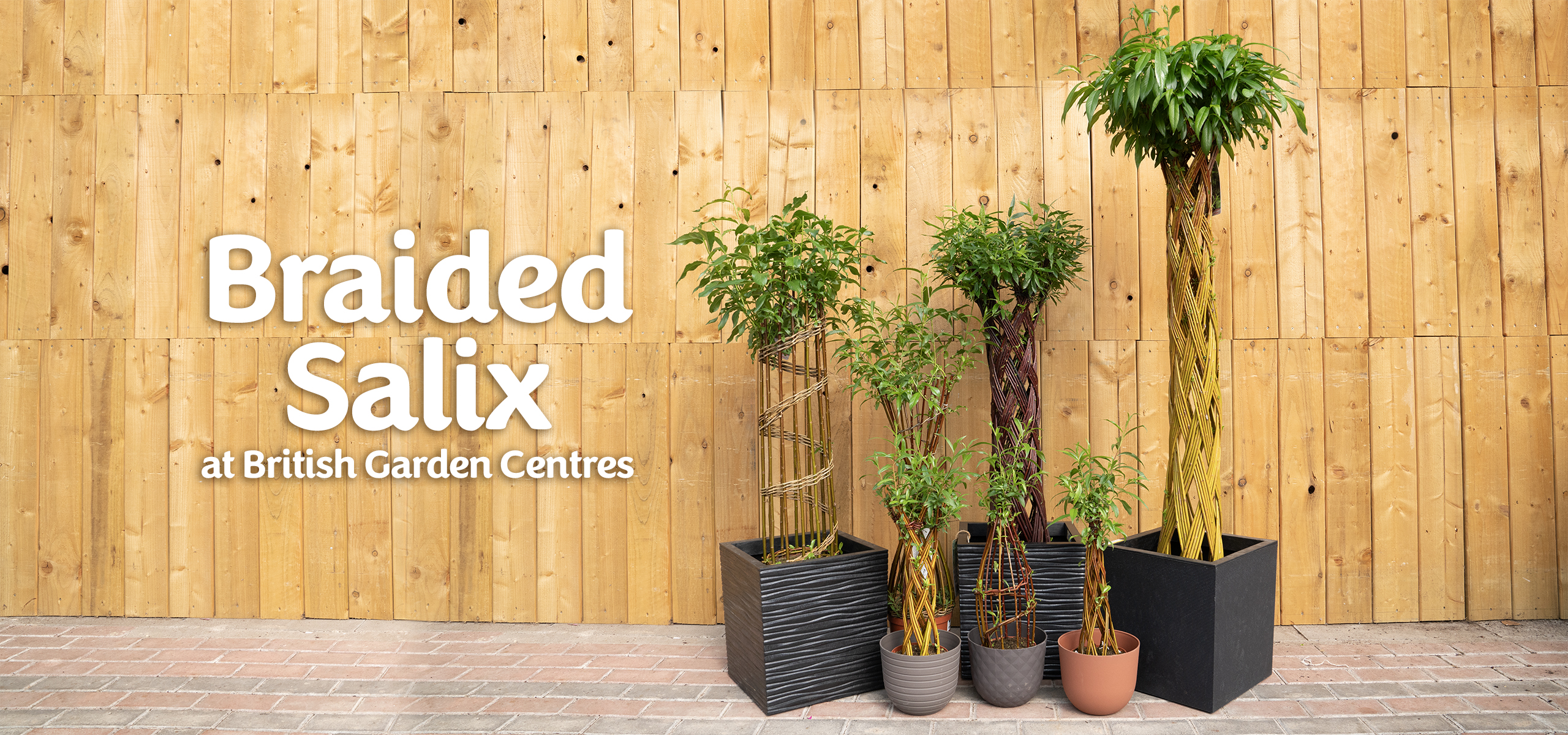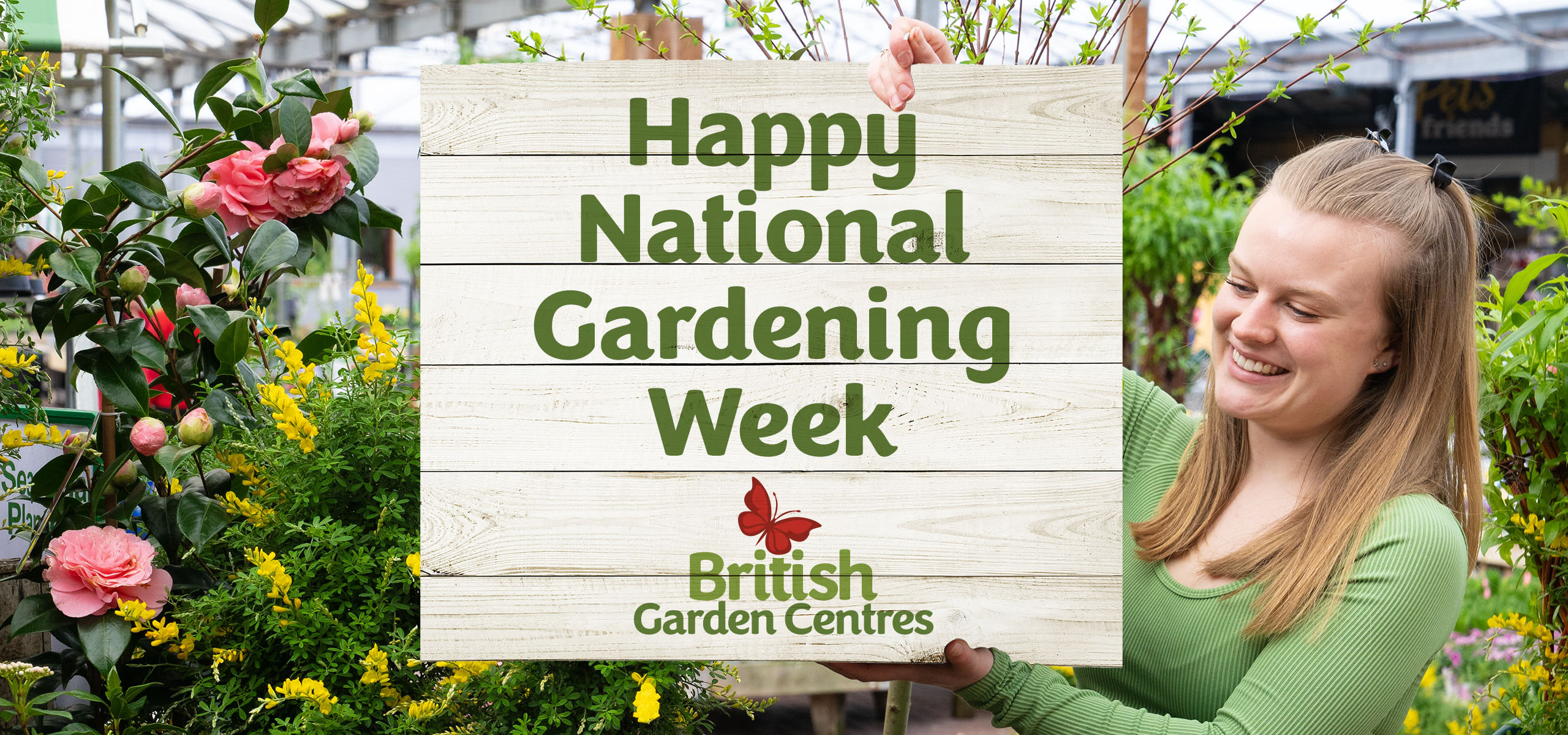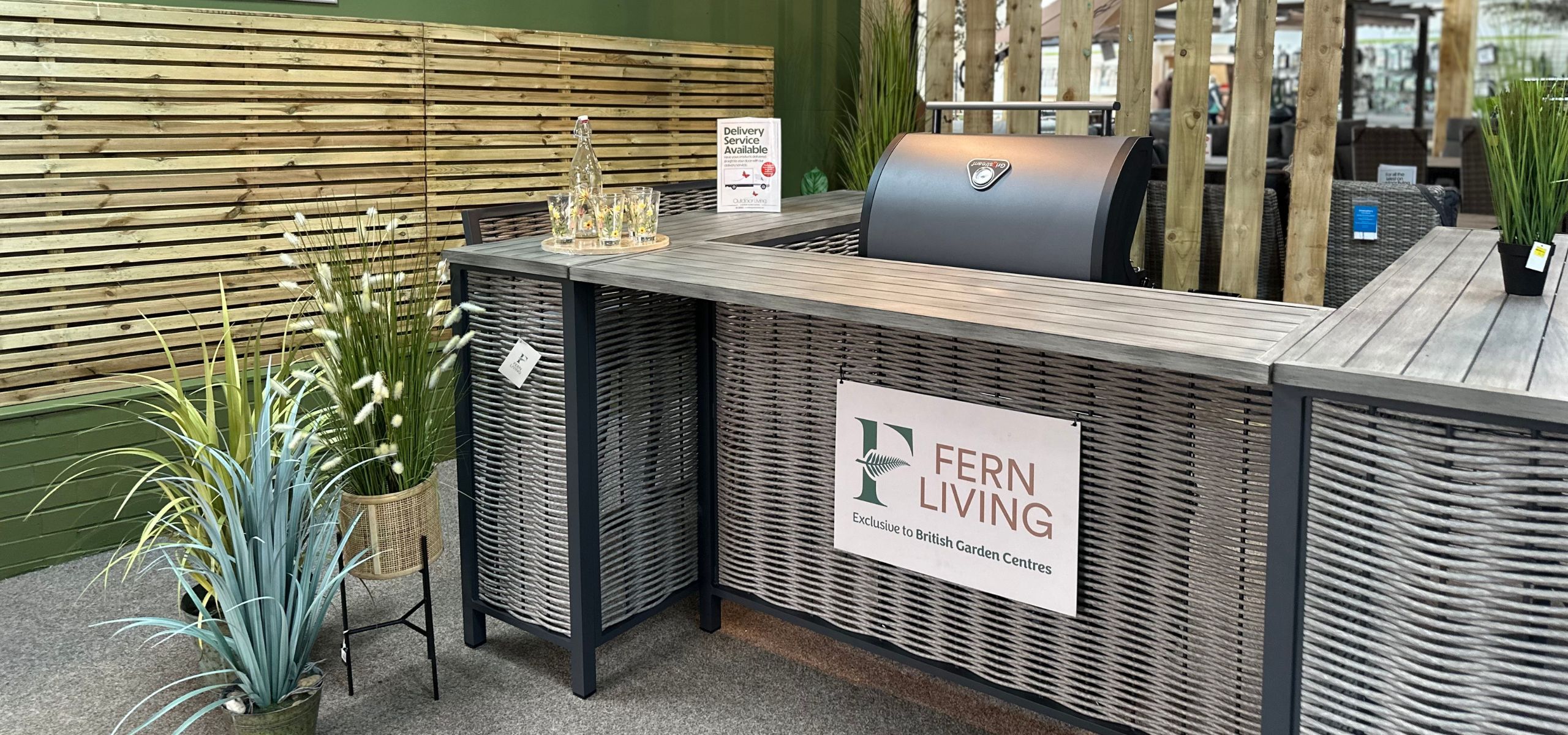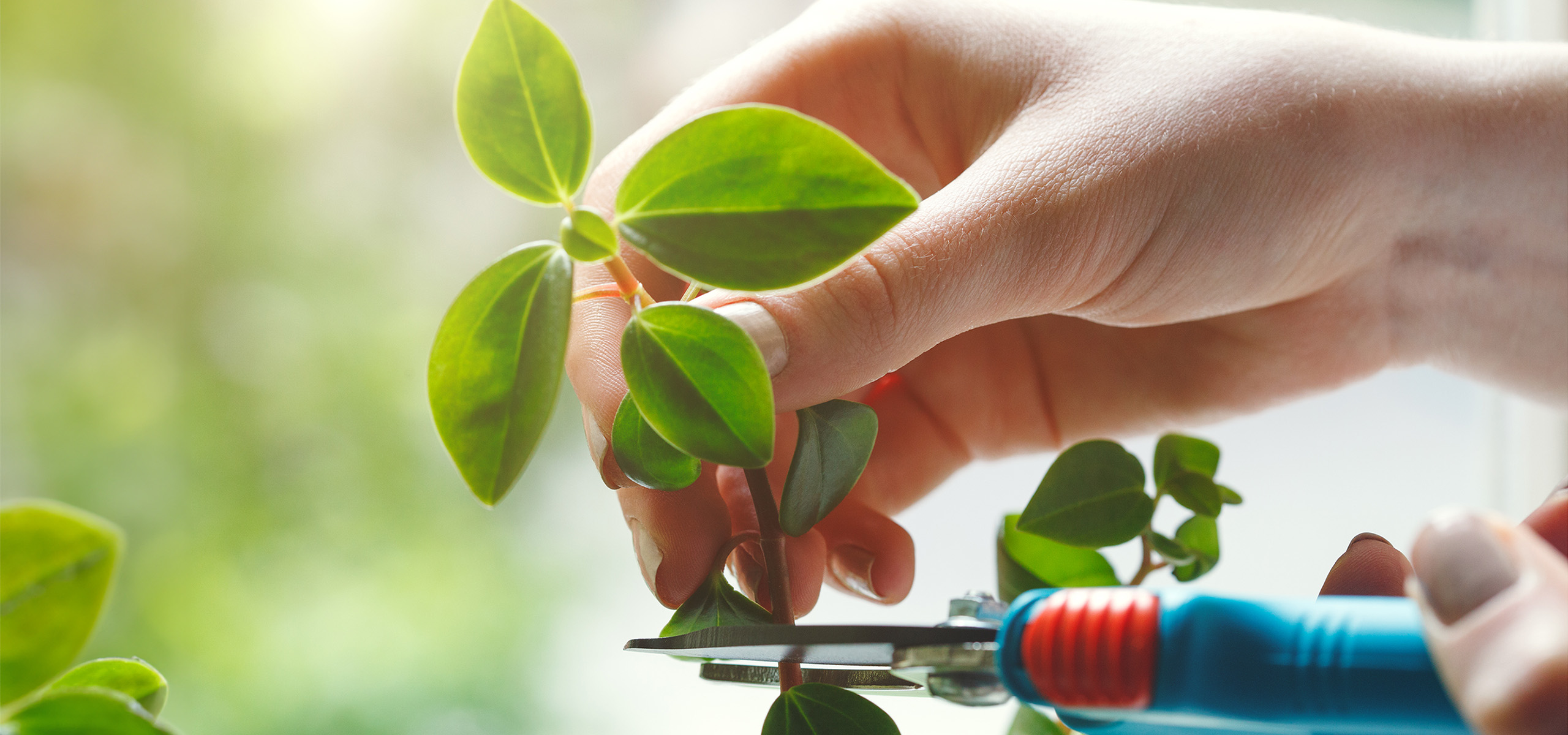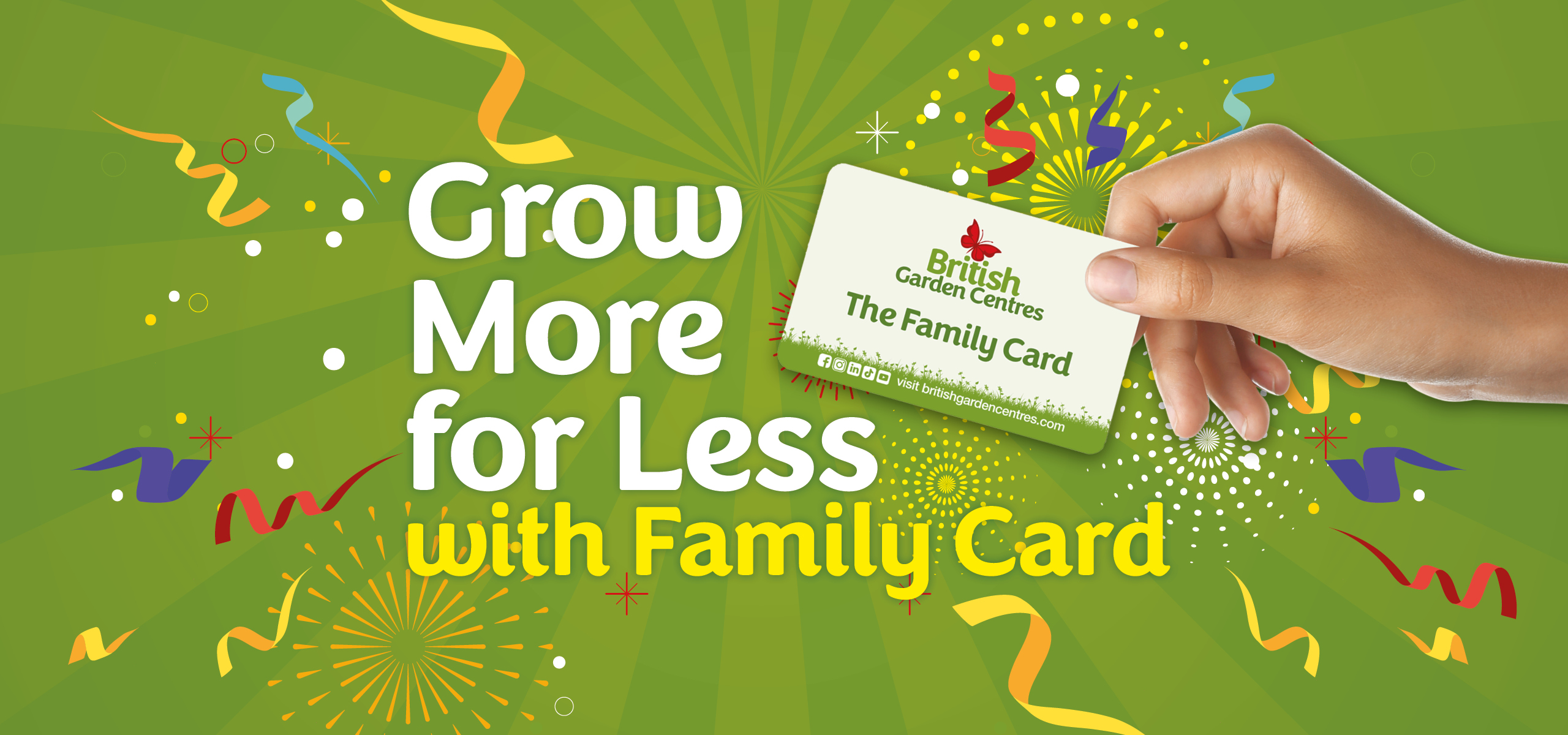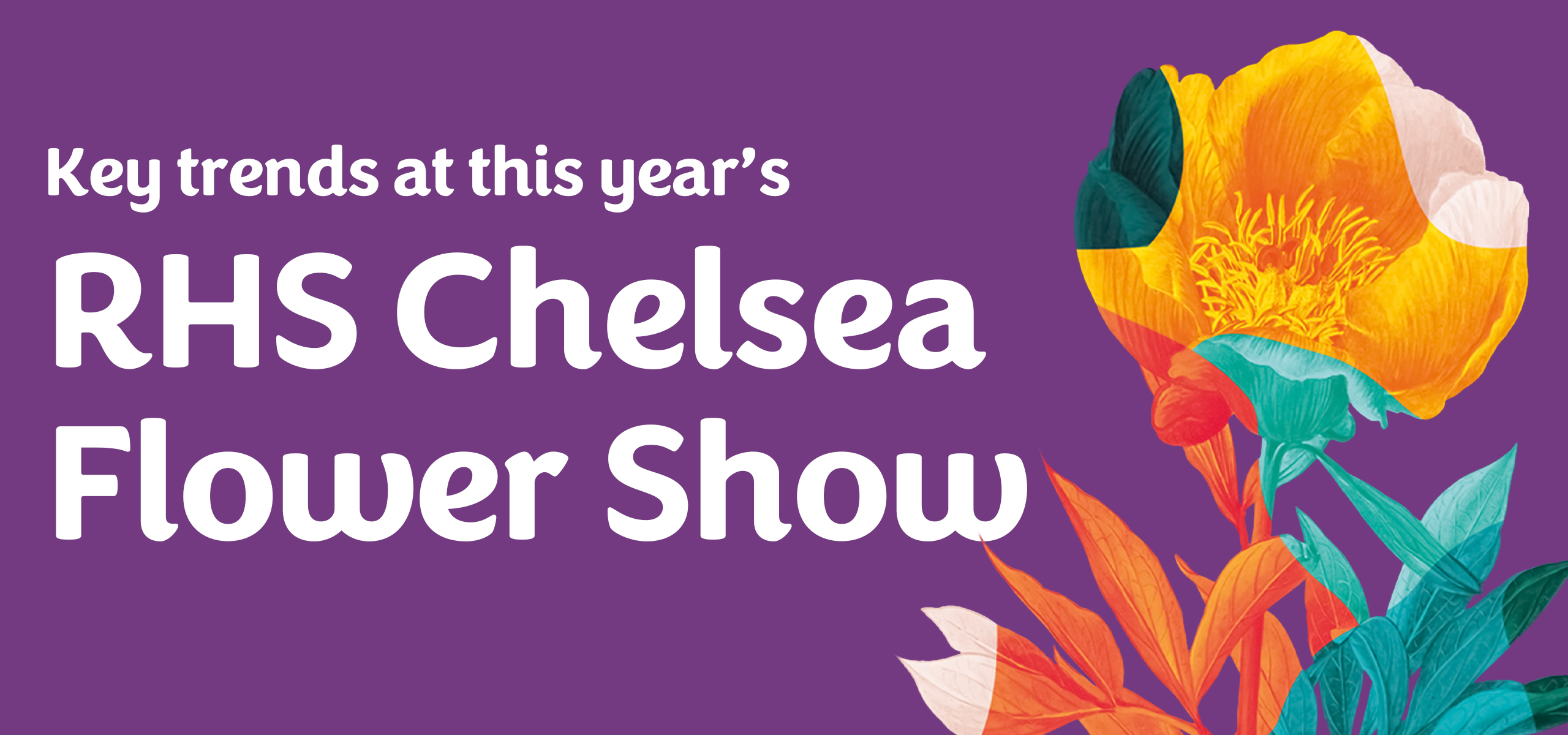Welcome nature over winter into your garden
As we approach the winter season and the temperatures decrease, it is important to provide support for the birds and insects that reside in your garden. Autumn and winter can be challenging for outdoor wildlife due to the colder weather, limited food availability, and changes in sheltering habits. By implementing our garden tips, you can safeguard the most vulnerable wildlife and create a haven for them to hibernate during the cold months.
Garden Birds
Winter is undoubtedly a challenging season for garden birds, and it is crucial to provide them with food and water during the cold spell. Birds require additional nourishment and hydration in cold weather, so it is important to supplement their diet.
Opt for energy-rich bird food containing suet, nuts, and oil-rich seeds like sunflower hearts for your bird feeder or table. We offer a wide range of feeders, bird tables, and ground feeders suitable for all garden birds.
It is recommended to fill your bird feeders with different types of food to attract a variety of avian visitors. An all-year-round complete mix that combines high-energy seed blends, nuts, and essential nutrients is a convenient and effective choice. Suet feeds, such as suet cakes and energy balls, are also excellent for winter feeding and can be found in stores or made at home.
Water is essential for garden birds during this period. Freezing temperatures often render many water sources inaccessible. Regularly check and replenish the water in our bird baths and bowls daily, ensuring that our feathered friends have both drinking and bathing opportunities.
To provide warmth and shelter, hang nesting boxes on trees or fence posts. Our birdhouses are ideal for small garden birds like tits, robins, nuthatches, sparrows, and wrens.
Insects
Did you know that there are approximately 10 million insect species worldwide, all in need of a habitat? Having a bee and insect house in your garden is an excellent way to care for wildlife during winter. Insect and bee hotels specifically assist solitary bees by providing essential shelter in our gardens.
By attracting beneficial insects to our outdoor spaces, they will help pollinate our flowers and control pests during spring and summer.
Our range of insect houses is available in various sizes and contains bamboo tunnels, pine cones, and wood shavings. They provide a home for bugs, and shelter for bees, and are suitable for beetles, ladybirds, lacewings, spiders, and butterflies.
Insect houses also offer protection and refuge during winter while enhancing the aesthetic appeal of your garden. We recommend placing your hotels in a quiet, weather-protected corner of your garden. Look for a spot that offers both shade and sunlight, as insects prefer a sense of safety and cosiness while bees thrive in sunny areas. Ideally, choose a west or south-facing location.
To attract butterflies, bees, and other pollinating insects, plant nectar-rich flowers near the bug hotel. Honeysuckle, verbena, roses, clematis, foxgloves, hollyhocks, geraniums, lavender, and edible herbs are excellent choices for attracting pollinators to your garden.
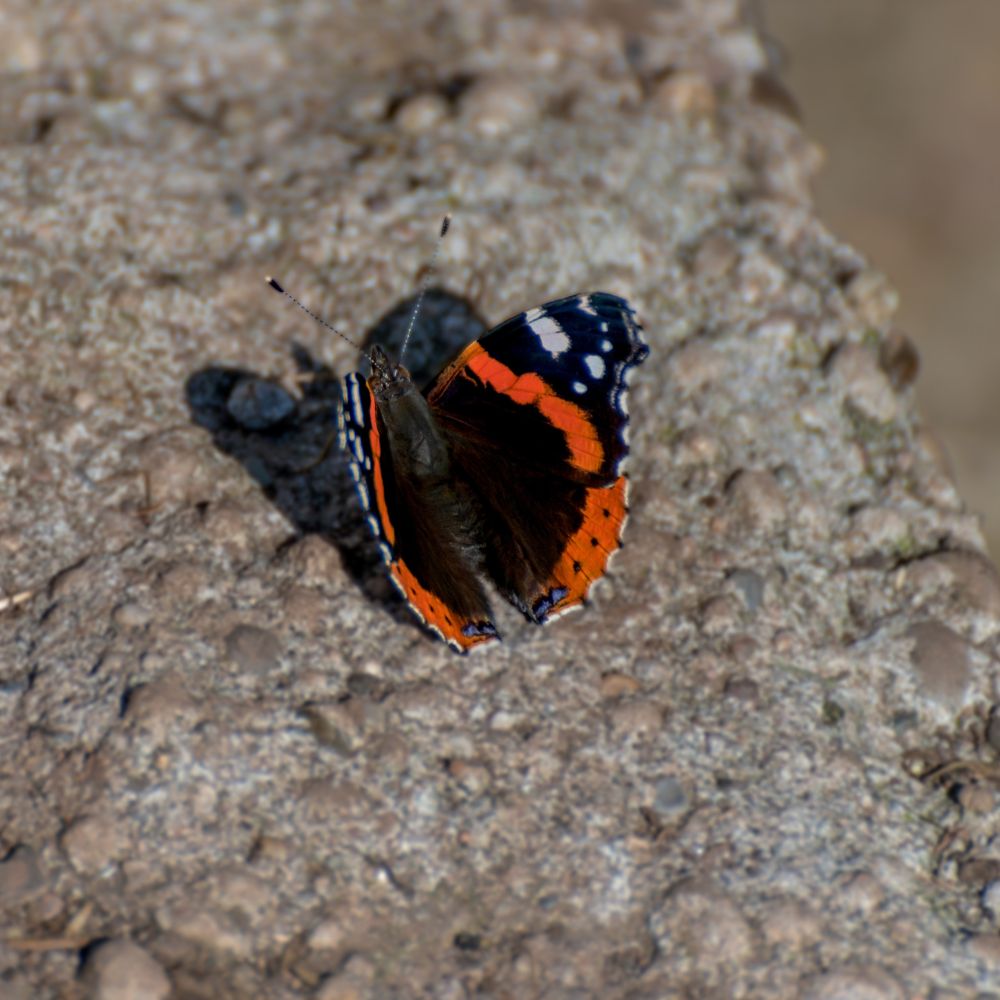
Hedgehogs
During this time of year, hedgehogs require assistance in finding shelter and protection as they hibernate for winter. Hedgehogs are particularly fond of cat food, so leaving some cat biscuits on a saucer for them to enjoy is recommended.
Additionally, provide a shallow dish of water to ensure visiting hedgehogs stay hydrated. For nesting hedgehogs, it is advisable to leave a wild area in the garden where they can rest. Allowing fallen leaves, long grass, and other garden debris to accumulate creates a protected space for hedgehogs to spend their daylight hours.
